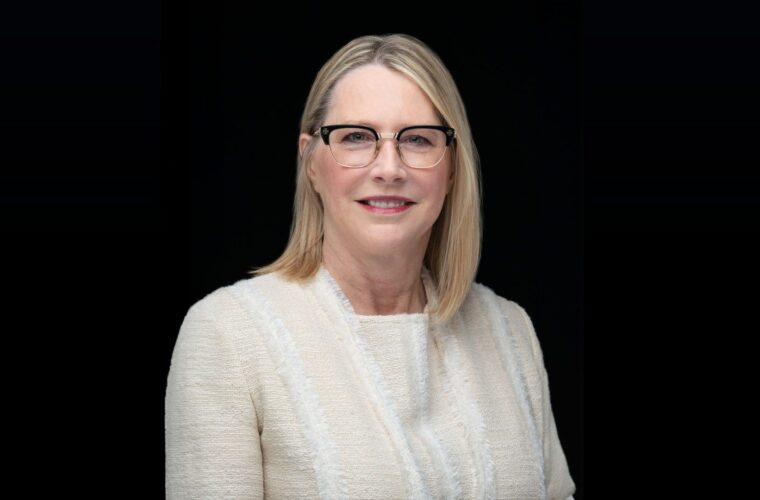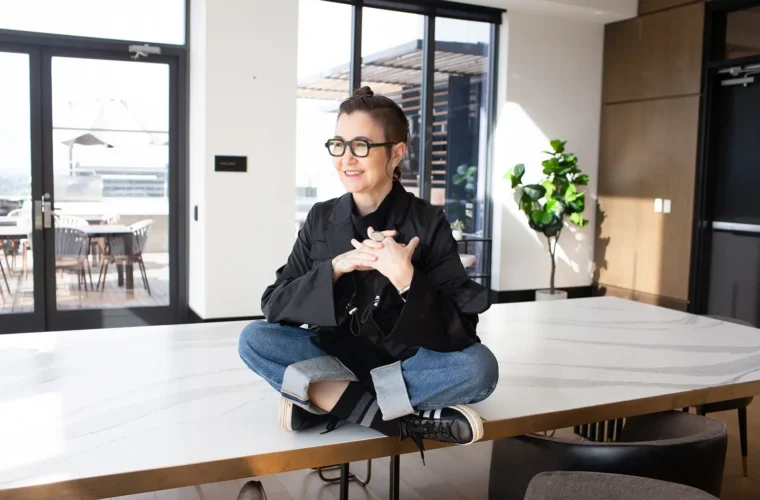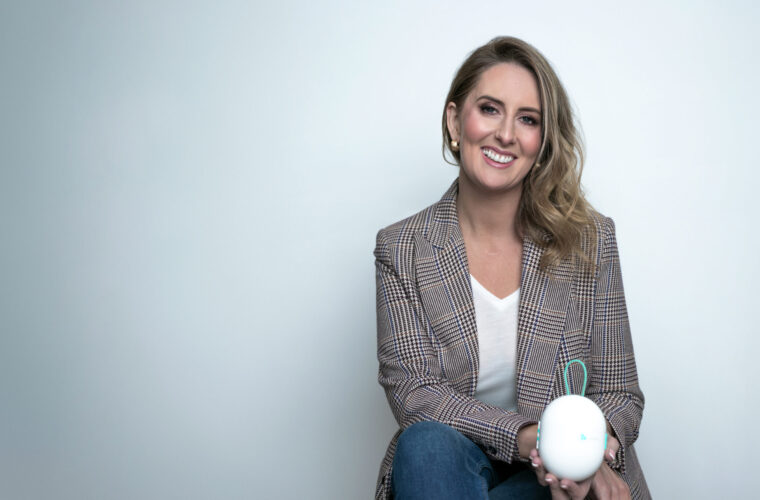Women in tech: International Girls in ICT Day is annually celebrated on the last Thursday of April. The day is to encourage women to pursue careers in the information and communications technology (ICT) industry and find their potential in subjects like science, engineering, and mathematics. It is also a day that looks back at gender equality in the ICT sector, where a wage gap or experiences between different genders still exists.
Marking the day, 4i Magazine talked with three young women in tech who are successfully climbing the career ladder in the IT world in South Korea and asked what they have to say for aspiring IT experts.
Hwang Eun-sol, 30, Manager of ROBOTIS
Q. How did you become interested in the tech industry?
I was interested in handling machines as a kid, thanks to my dad (who worked as an engineer at a broadcasting station). My interest in robotics can be traced back to my last year of middle school when I joined as the inaugural member of a robot-building club. Outside my school hours, I attended private institutions to learn more about robots and participated in various robot-related competitions.
Q. How was your university life?
Being part of the country’s first-ever robot sports game team, “RO:BIT“, run by Kwangwoon University, I had the chance to develop a wide range of robots. During the summer vacation in my freshman year, I hosted a camp where 20 teenagers could learn more about robots, partnered with Chang-dong Youth Center. That is when I realised that building robots to help (and teach) people can be such a meaningful activity. Starting with that camp, I continued participating in diverse activities to teach robots to teenagers, like afterschool clubs or teenage robot competitions. I completed an intern job related to the field.
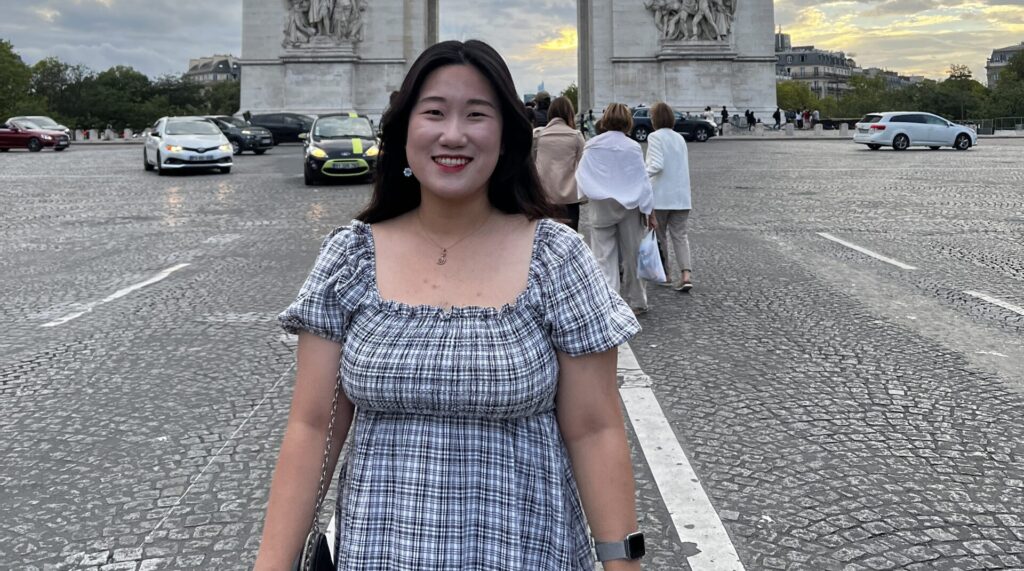
Q. What do you do now?
I currently work with ROBOTIS, a self-driving robot manufacturer, reviewing the company’s social media communication. In my first year at ROBOTIS, I launched a space called “ROBOTIS Maker Space,” designed for people who love robots (and test-run or make their own products). After running that space for four years, I learned that many people love robots.
From February 2024, I have overseen the project of a robot delivery service in urban areas. ROBOTIS’ robot , GAEMI, is a delivery unit that can carry people’s necessities. This year, we are planning to expand the coverage of this robot’s delivery area to the entire Seoul. I hope to share more of the happiness that robots can bring with others through GAEMI.
You can learn more about GAEMI on Instagram, @robotis_gaemi.
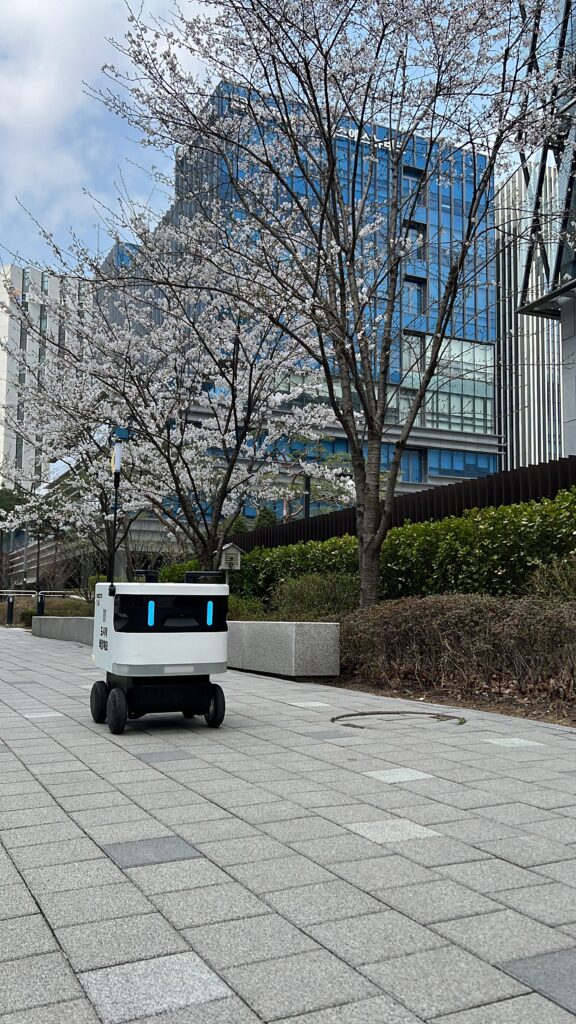
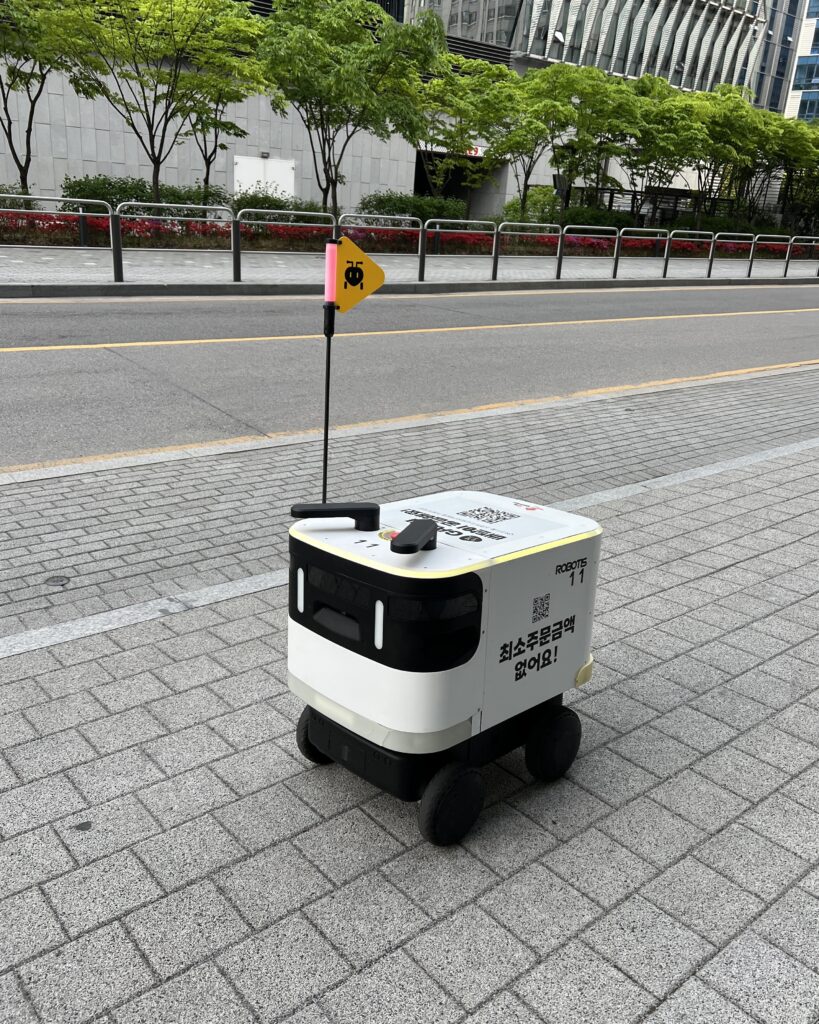
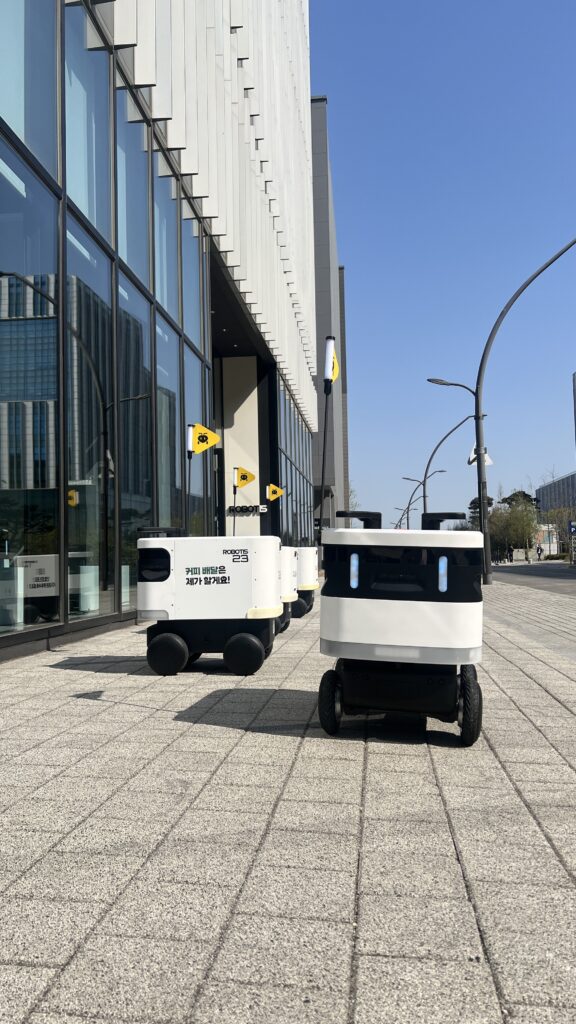
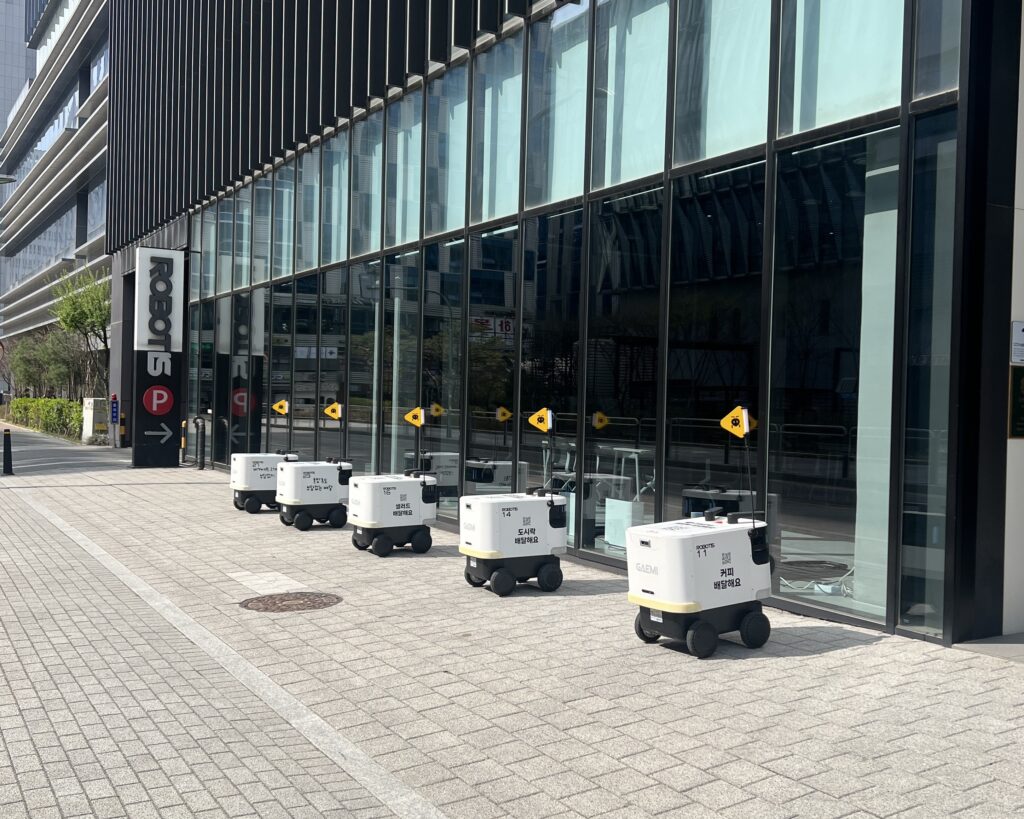
Q. What is it like to work as a woman in the IT industry?
When I first joined ROBOTIS in October 2018, there were less than five female employees in the 80-person developer team. We currently have more than 10 female developers in a 100-person team, and the number is gradually increasing.
Since robotics is a field based on both hardware and software properties, it requires thorough collaboration among team members. As a person who graduated from a girl’s middle school and a girl’s high school, communicating with my seniors at the company was a fairly novel experience. It was not the same as how I communicated with my university colleagues. I can say that I became more result-driven than process-driven over the years working at this company. Instead of comparing my work with others, I am trying to focus on successfully completing my projects.
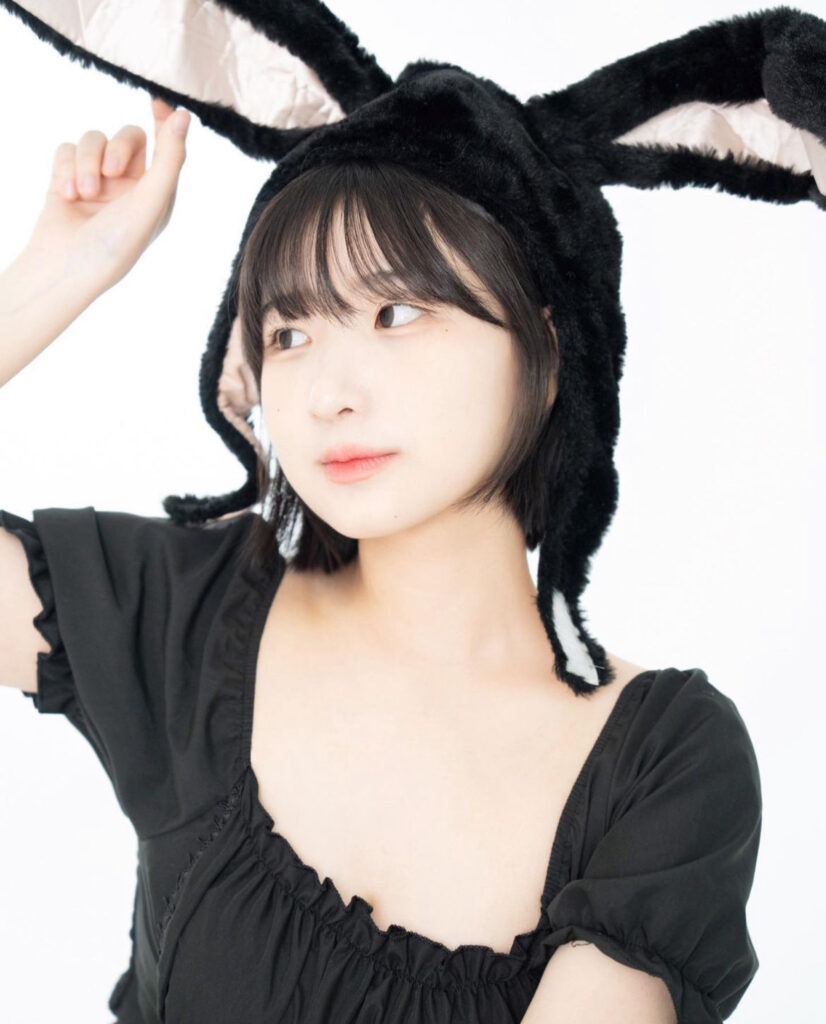
Kwon Eun-chai, 18, a College Student and IT Entrepreneur
Q. Tell us about yourself!
Hello. I am Kwon Eun-chai, a graduate of Korea Digital Media High School, currently studying visual design at Kyung Hee University. As a high school student, I opened an IT start-up when I was 16, and I am now working as a designer at the company that I opened.
Q. How did you become interested in the tech industry?
I have been uploading videos on YouTube since I was nine years old. My career online earned me recognition, and I received a special admission for entrepreneurship into Korea Digital Media High School.
My first-ever start-up idea was not IT-related. When I was in first grade in high school, I participated in a pitching contest for start-ups with a product that removes chilli oil from plastic, single-use bowls and plates. We thought this was a timely invention, as it was during the pandemic when many people ordered food at home. After six months of hard work, we won the first prize in the contest and were covered by SUBUSU NEWS, SBS’ new media channel on YouTube.
Looking at other participants who brought IT items for the contest, I became interested in opening a tech-related business. Shortly after, I studied a subject that I was most confident in doing: design. While other friends went to winter schools or study rooms, I spent my winter vacation watching online tutoring videos about user interface and user interface designs and discussing business items with my friends.
Q. Many viewers commented on your high school vlogs that they felt motivated watching your content. How would you assess your high school life in retrospect?
I will always be remembered as a hard worker, working without a break. With a laptop and somewhere to sit, I really could work anywhere. Almost every day, I pushed through to develop business ideas after my school hours and hung onto them until bedtime. I participated in any competition that I came across, winning a prize after every participation. Keeping a busy life, teachers often showed concerns over my health. Still, I got to know many friends interested in IT-related projects through extracurricular activities.
Q. What do you do now?
I work as a co-founder and designer at the start-up “Fandly”. Fandly is a company where brands with intellectual properties (IP), like K-pop idols, can sell digital photo cards. If buyers collect enough scores by purchasing photo cards, they can trade them with gifts, like a private dinner date with their favourite star or an item that K-pop idols used on stage. We are planning to back these digital photo cards with blockchain technology, enabling a more secure user-creator transaction. I also upload videos of me working on YouTube, keeping my subscribers updated on what I am doing.
Q. Do you have anything to say for aspiring entrepreneurs?
I enjoyed the process of finding my own directions in an open space. Being part of a start-up means you are going through unexpected changes every day. While working on a start-up project back in high school, I felt amazed by how my teammates could grow so fast in the process. My discussions with them over an item or a goal were invigorating. This made me who I am now, and working at a start-up suits me. Working with people who understand my vision and goal and creating them in the real world is exciting. If there is an item or a colleague that makes your dreams go wild, I would say “go for it”.
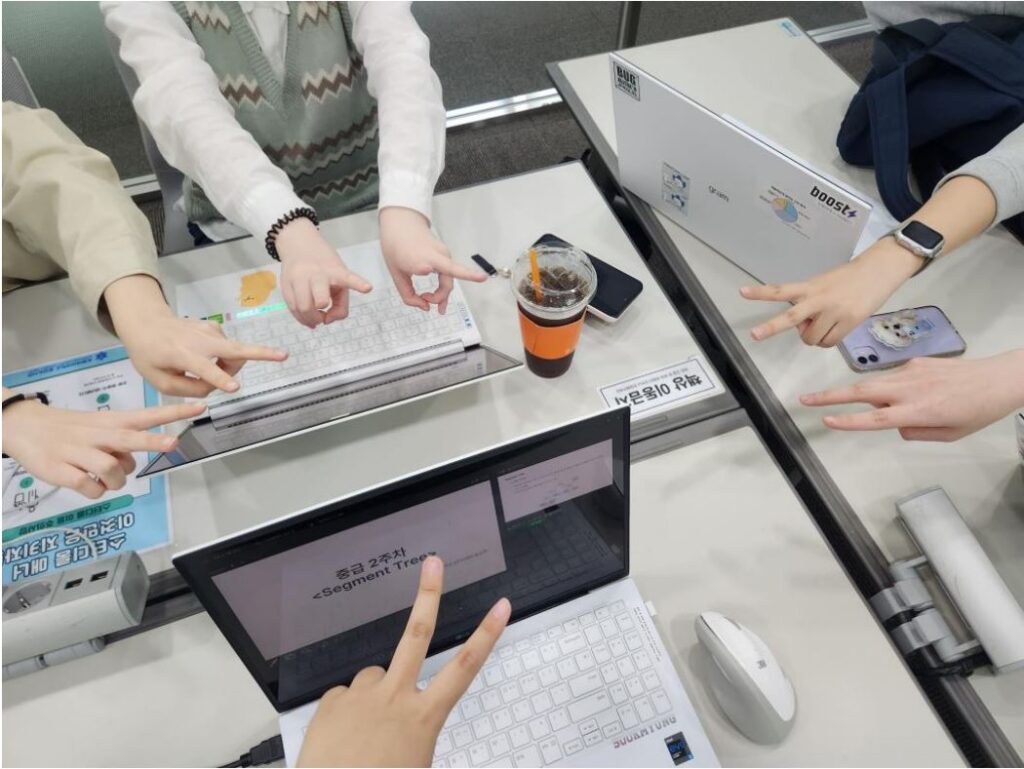
Women in tech
Choi Yeon-jae, 21, Leader of Sookmyung Women’s University’s Study Group “ALGOS”
Q. Tell us about your study group!
ALGOS is a group within the Software Department at Sookmyung Women’s University. We study algorithms and data structures and prepare for the annual International Collegiate Programming Contest (ICPC). ICPC is an international algorithmic programming contest for college students. Teams of three, who represent their universities, solve algorithmic challenges. If they pass the regional rounds, they earn the opportunity to join the world finals – the latest final was hosted in Luxor, Egypt.
ALGOS is also the host of the intramural programming competition “SMUPC”. This year’s competition is planned to be held on 18 May, with challenges made by ALGOS’ current members and graduates. I am the director as well as one of the examiners of this year’s competition.
Q. What kind of paths do ALGOS alumni pursue after graduation?
Based on the people who attended our homecoming day last year, almost half of them work for a private company, while the rest enter graduate programmes at higher educational institutions. As far as I am aware, most of our current members are also considering between the two options.
Q. How did you become interested in the tech industry?
I became intrigued by studying computer science as a teenager after attending a camp event held at a university near my home. My first interest was in information security. However, I am also gaining experience in other divisions, such as algorithms and data analysis, while studying at my university.
Q. We often hear that the IT industry is still a male-dominated world. What is it like for you to be a woman in the tech field?
Sookmyung Women’s University is a women’s university, so I rarely get the impression that the industry is male-dominant. When I take a step outside of school, I feel that men mostly lead the tech field. Still, I believe that the industry is not so male-dominant, considering the history of development in computer science. Some predominant female scientists changed the history of computer science forever, like Ada Lovelace and Grace Hopper. I like to read historical stories of women who seized brilliant achievements in the field of computer science whenever I feel unsure. I gain strength and see my directions more clearly whenever I see their names.
Q. What would you say to people who are considering a career in the engineering field?
As a woman majoring in engineering at university, I would like to support everyone doing their best to work and survive in the same field as mine. My university’s slogan is “Gentle power to change the world”, one of the most favourite phrases I keep in my heart – I believe we have such power to change the world together.

